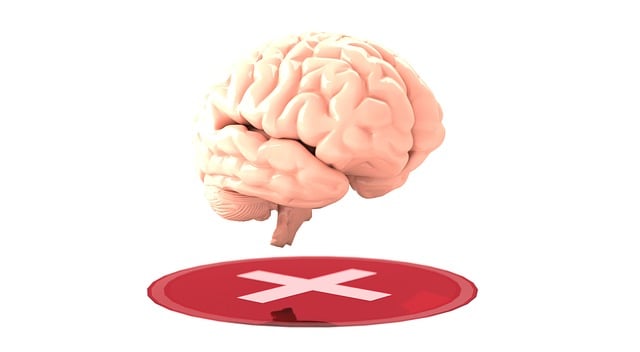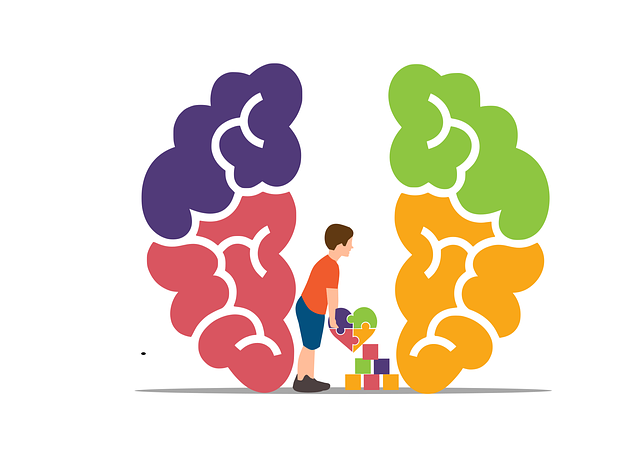Crisis intervention services in Arvada are vital for individuals with ADD/ADHD, aiming to prevent severe outcomes like depression and destigmatize mental illness. Access to specialized evaluations and personalized therapy solutions, including behavioral interventions and CBT, enhances community well-being. Mental health professionals use structured assessment tools during crises, integrating evidence-based practices and risk management planning for tailored, effective care.
In times of crisis, effective intervention can be a lifeline for individuals struggling with mental health issues. This article explores crucial strategies and guidance for navigating such situations, emphasizing the vital role of crisis intervention in overall mental health support. We delve into specific techniques, including Arvada ADD-ADHD evaluations, as pathways to personalized therapy. By understanding these approaches, professionals can enhance their capabilities to assist those in need, ensuring a more effective response during crises.
- Understanding Crisis Intervention: A Vital Role in Mental Health Support
- Arvada ADD-ADHD Evaluations: Unlocking the Path to Effective Therapy
- Practical Strategies for Crisis Intervention: Tools and Techniques for Professionals
Understanding Crisis Intervention: A Vital Role in Mental Health Support

Crisis intervention plays a pivotal role in mental health support, especially for individuals grappling with conditions like ADD/ADHD. It’s a strategic approach designed to provide immediate and targeted assistance during times of intense distress or crisis moments, which can significantly impact one’s ability to function day-to-day. In Arvada, access to specialized ADD-ADHD evaluations and therapy services is crucial for identifying and addressing these crises effectively.
Understanding the nuances of crisis intervention involves recognizing its potential to mitigate severe outcomes associated with mental health challenges, including depression prevention. Public awareness campaigns focused on destigmatizing mental illness are a key component in developing coping skills that enable individuals to navigate crisis situations more successfully. By fostering an environment where seeking help is encouraged, these interventions contribute to the overall well-being and resilience of the community.
Arvada ADD-ADHD Evaluations: Unlocking the Path to Effective Therapy

In Arvada, ADD-ADHD evaluations play a pivotal role in unlocking tailored therapy solutions for individuals struggling with Attention Deficit Disorder and Attention Deficit Hyperactivity Disorder. These comprehensive assessments go beyond mere diagnosis by providing insights into each person’s unique cognitive strengths and challenges. By identifying specific areas of difficulty, such as focus, impulse control, or hyperactivity, evaluators can recommend evidence-based therapies that have proven effective in managing ADD-ADHD symptoms. This personalized approach ensures that treatment plans are not one-size-fits-all but rather targeted at the individual’s specific needs.
Arvada’s specialized therapists employ a range of techniques to support individuals with ADD-ADHD, including behavioral interventions, cognitive-behavioral therapy (CBT), and structured learning environments. Additionally, integrating depression prevention strategies and conflict resolution techniques into therapy can further enhance outcomes. Risk management planning is also crucial for mental health professionals working with this population, as it helps in anticipating and mitigating potential risks associated with ADD-ADHD, ensuring a safer and more supportive therapeutic journey.
Practical Strategies for Crisis Intervention: Tools and Techniques for Professionals

In the midst of a crisis, professionals must be equipped with practical strategies to swiftly and effectively intervene. One powerful tool is structured assessment, which involves a systematic evaluation of the individual’s situation, including their history, current circumstances, and symptoms. This method enables mental health professionals to tailor interventions, such as cognitive-behavioral therapy or mindfulness meditation, to address specific needs in Arvada ADD-ADHD evaluations and therapy.
Additionally, risk assessment is paramount for ensuring client safety. Professionals should be trained in identifying warning signs of potential harm and implementing strategies to mitigate risks. By combining structured assessments with evidence-based practices like stress management techniques, professionals can offer comprehensive support during crises, fostering a more positive outcome for clients.
Crisis intervention plays a pivotal role in mental health support, especially when individuals face severe or immediate risks. By understanding crisis intervention’s significance and equipping professionals with effective tools like Arvada ADD-ADHD evaluations for personalized therapy, we can significantly enhance outcomes. Integrating practical strategies ensures that help is readily available, empowering professionals to navigate crises and foster healing environments. These comprehensive approaches, tailored to each individual’s unique needs, are key to preventing and managing mental health challenges.














